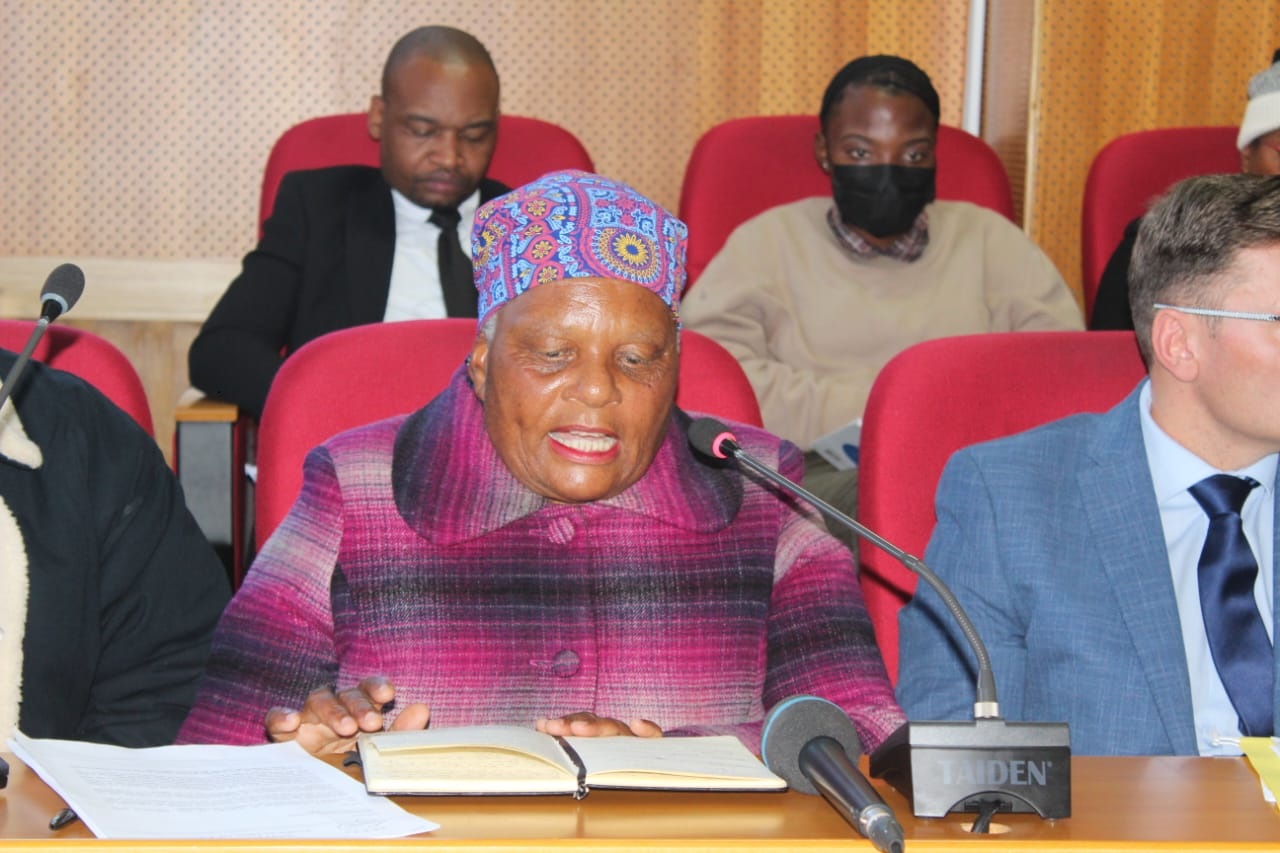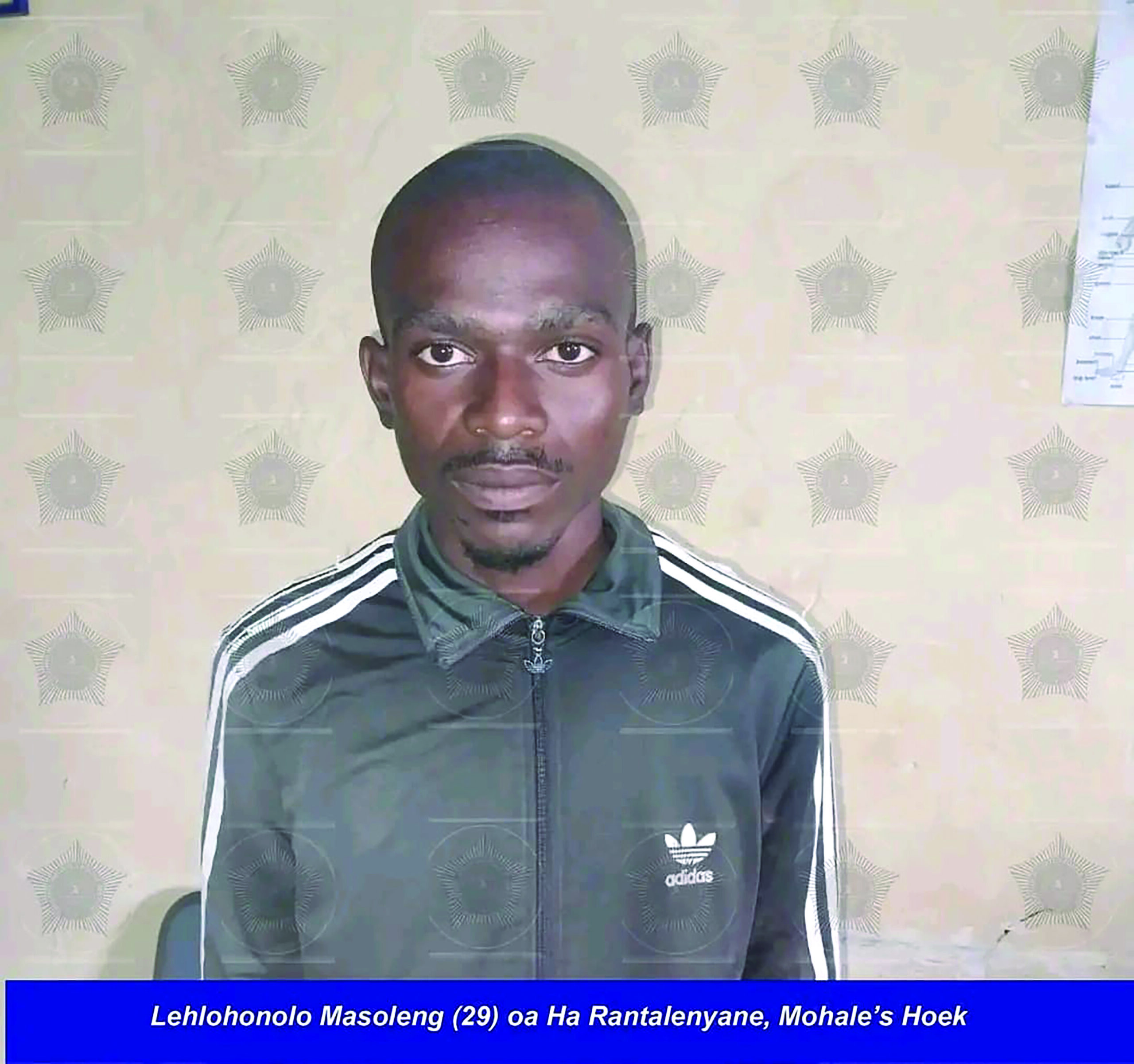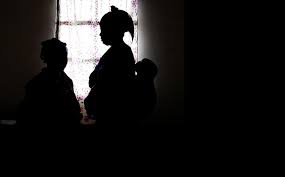Ntsoaki Motaung
Boiketlo Queen Tshabangu unflinchingly links the soaring rape cases in Lesotho to the pervasive culture of excessive alcohol consumption.
With brutal candor, Tshabangu asserts that perpetrators, overwhelmingly male, weaponise alcohol by providing it to their victims, incapacitating them, and subsequently subjecting them to horrifying sexual assaults.
Drawing from her extensive experience as a therapist, she unveils a chilling pattern: a disturbingly high number of her clients, grappling with the aftermath of rape, confide that they had been under the influence of alcohol prior to the traumatic incident, impairing their ability to defend themselves.
Speaking at a recent media training session organized by the Anti-Drug Association of Lesotho (ADAAL), Tshabangu condemned the prevailing culture of victim-blaming that silences many survivors.
She underscored that numerous cases go unreported, as victims often internalise blame and believe they should not have consumed alcohol in the first place.
“Victims feel this way because it is normalized that when a man buys a female some alcohol, they have to get sex in return. Most of the time the sex happens without the female’s consent which is why we say that is rape,†she said.
This harrowing form of rape, where the victim is incapacitated and the assailant exploits their vulnerability, transcends mere stranger encounters, she explained.
She said it festers within intimate relationships, casting a long, dark shadow over marriages and relationships, both within and outside the confines of matrimony.
Tshabangu further exposed a particularly grim reality, one that preys on the vulnerability of schoolgirls, ensnared by senior male counterparts or older, married men who exist outside the school community.
These predators, she narrated, exploit social events, supplying alcohol as bait and then subjecting their victims to unspeakable horrors.
The aftermath leaves young girls grappling with guilt, unable to cope with the weight of their trauma, and ultimately seeking professional intervention.
According to Tshabangu, the majority of cases she encounters involve girls aged between 17 and 24, although she hasn’t maintained an official record of their numbers. Reporting such incidents proves daunting for victims, as they fear judgment and discrimination. They face unfair scrutiny for accepting alcohol, an act often misconstrued as implied consent.
“Mostly this is associated with one being a ‘lose girl’ or a girl without morals who sleeps with men for alcohol or other benefits. Not seeing the fact that perpetrators have taken advantage of someone when they could not make informed decisions or stand up for themselves. Even the perpetrators do that knowing that when the girl was sober such a thing would not have happened,†she explained.
Tshabangu further emphasised the importance of conversations with her clients, which empower them to recognise that the assault was not their fault. She indicated that after talking to her clients they seemed to be relieved and ready to report the cases.
“This is because they had found out that, it was not their fault. They do not owe anyone sex even if they had bought them something,†she said.
According to the World Health Organization (WHO), violence against women, particularly intimate partner, and sexual violence, constitutes a global public health crisis and an egregious violation of women’s fundamental rights.
WHO’s estimates reveal that a staggering 1 in 3 women worldwide has endured either physical or sexual intimate partner violence or non-partner sexual violence in their lifetime.
WHO unequivocally identifies alcohol misuse as a significant contributing factor to intimate partner violence and sexual assault.
It identifies alcohol misuse as an insidious catalyst, exacerbating the risks associated with myriad health conditions.
Alcohol stands as a chief instigator of perilous sexual behaviors, including unprotected intercourse and engagement with multiple partners, leading to a heightened risk of sexual assault.
These reckless actions can culminate in unintended pregnancies and devastating sexually transmitted infections such as HPV and HIV.
The Crime Statistics Report 2022 from the Bureau of Statistics (BOS) and the Lesotho Mounted Police (LMPS) lays bare a chilling reality: sexual offenses rank as the third most frequently reported serious crime, accounting for a staggering 1,383 cases, trailing only housebreaking and stock theft.
Summary
- a disturbingly high number of her clients, grappling with the aftermath of rape, confide that they had been under the influence of alcohol prior to the traumatic incident, impairing their ability to defend themselves.
- “Victims feel this way because it is normalized that when a man buys a female some alcohol, they have to get sex in return.
- Tshabangu further exposed a particularly grim reality, one that preys on the vulnerability of schoolgirls, ensnared by senior male counterparts or older, married men who exist outside the school community.

Your Trusted Source for News and Insights in Lesotho!
At Newsday Media, we are passionate about delivering accurate, timely, and engaging news and multimedia content to our diverse audience. Founded with the vision of revolutionizing the media landscape in Lesotho, we have grown into a leading hybrid media company that blends traditional journalism with innovative digital platforms.









